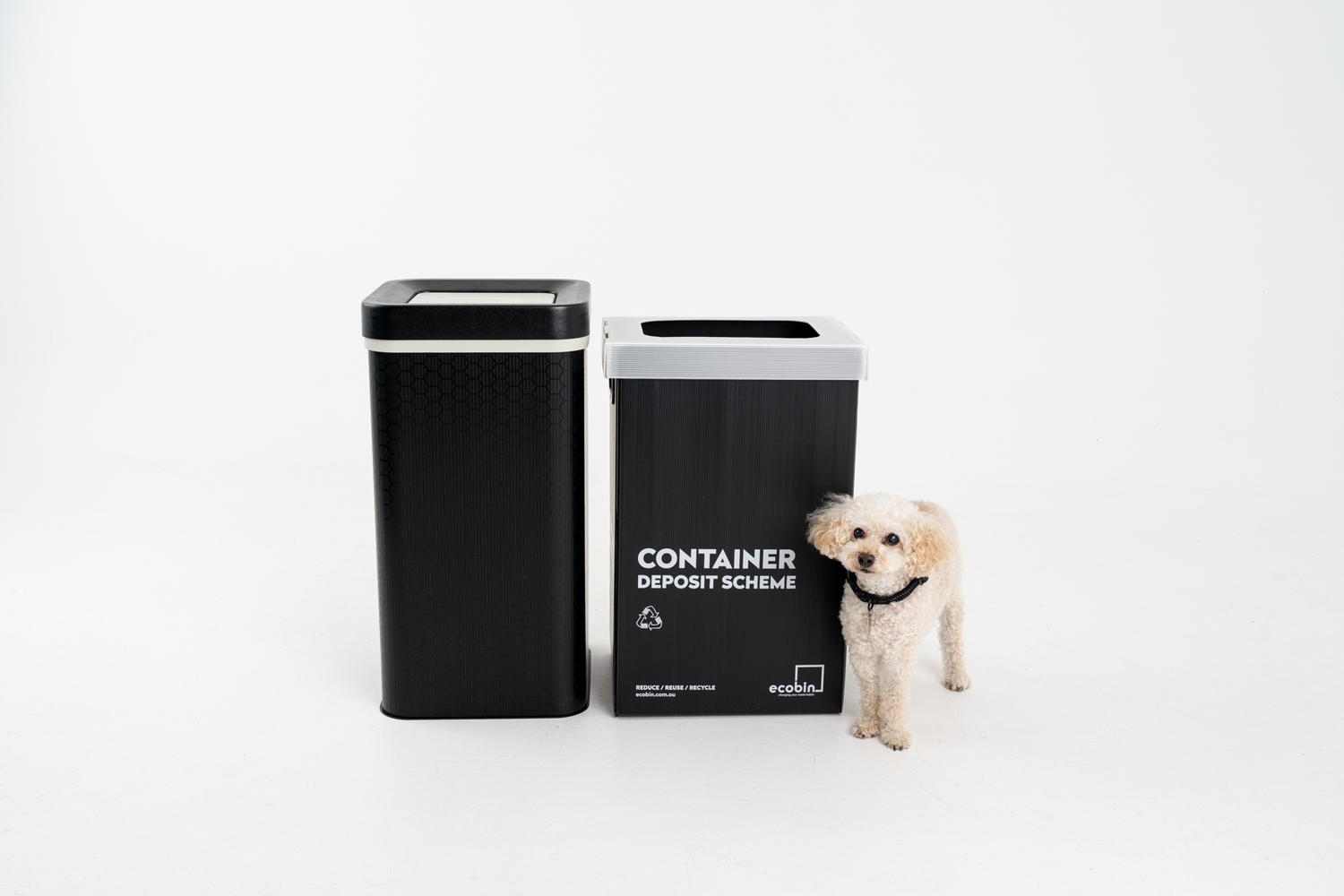Most of us are conscientious about recycling at home these days. We use the right bins for our household waste without having to think about it. But at work, school, and in public places we often have no choice but to use a general waste bin for recyclables.
https://www.youtube.com/watch?v=8TQcjP-X7Oo
The trouble with just accepting the only option is that we’re silently supporting organisations in sending far more waste to landfill than necessary.
Once you start looking out for recycling bins it’s surprising how many public spaces, shops, venues and employers don’t provide them where needed.
Home vs.the Workplace
We don’t mean to point the finger here. Institutional and workplace dynamics are different from the way they are at home.
At home, we take personal responsibility for filling the bins provided by the council and putting them out for collection.
Outside the home someone else is usually responsible and we don’t like to interfere.
But outside the home, there’s rarely much connection between the hands that drop stuff into bins, the arms emptying them or the heads that occasionally think about bins.
There’s more complexity involved in the way waste is managed, too. There are more people involved. More collection points. It’s a lot easier to overlook things, or at least think that someone else has them covered. It’s only rubbish, after all. So long as it’s carted away somewhere, rubbish is easy to overlook when there are bigger things to think about.
Reluctance to interfere, or thinking someone else has a problem covered, are both normal responses in group situations. But all too often everyone else is thinking the same way.
Changing the Status Quo
The catalyst for improving a bad habit is almost always the same — someone draws attention to it by speaking up. That someone could easily be you. And why not? What’s to lose?
Whether you’re at work, school, a customer, or visiting a public facility, your voice may be all it takes for someone to do something. And even if more voices are needed, yours will help.
Speaking up can be as simple as “Did you know that waste you’re sending to landfill could be recycled? Do you know about the harmful effects of landfill?”; a note in a suggestion box, a short email - a word to the man behind the counter.
What’s Wrong With Landfill: Is it Really So Bad? Find out Here
Gentle But Very Effective Pressure
A famous study on recycling behaviour1 found one key factor most likely to improve recycling habits above all others.
Surprisingly, it’s nothing to do with any wish to protect the environment. Rather, it comes from a desire to conform. It’s the belief that recycling is normal behaviour in your neighbourhood. If you believe your neighbours are recycling conscientiously, you will want to, too.
The same principle can be applied to organisations. If managers, workers or students believe that recycling is standard practice elsewhere, that they’re not conforming to accepted standards, they will naturally want to change.
So if you’d like to speak up in the most effective way possible, consider mentioning some examples of other organisations that are doing a better job of recycling. If you can paint a picture of recycling being normal around you, so much the better.
If you’re a manager struggling to improve recycling in your organisation despite providing all right facilities, the same principle applies. Rather than drawing attention to items going into the wrong bins, let people know that yours is an organisation that takes recycling seriously - that using the right bins is normal and expected of everyone.
If you do it tactfully, speaking up about less than ideal waste management is painless and costs nothing. It’s rarely a contentious issue. As the study we mentioned found, people like to do the right thing when they know it’s normal to do so.
So next time you see recyclables going to landfill, speak up!
